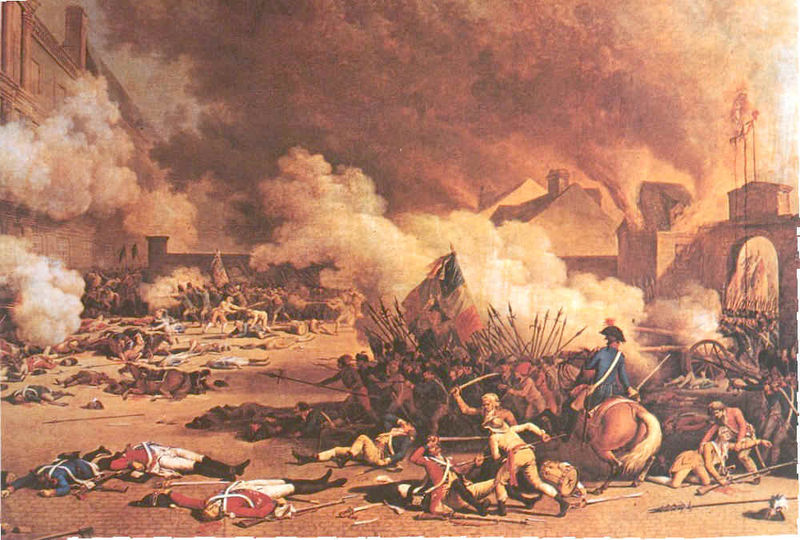 English 311G
English 311GRevolution and Romanticism
 English 311G
English 311GTentative Schedule of Readings and Assignments
Jan 13 T
—Getting the act together: Introduction to the course, the period, the conceptsand the cultures
Jan 15 R
—“Beautiful Idealisms” and “Sad Realities”: terminlogy, theory and methodology
— Jefferson and the New Era in North America: The Declaration of Independence
______
Jan 20 T
—A New Era in the Old World: Declaration of the Rights of Man and of the Citizen
Jan 22 R
— . . . and in Britain: Resolutions of the London Corresponding Society
______
Jan 27 T
— The Romantic Individual [case 1]: Goethe, The Sorrows of Young Werther
Jan 29 R
—Goethe's novel and its consequences
______
Feb 6 T
— Varieties of rebellion: Schiller, The Robbers
Feb 8 R
— Romantic relatives of the Moors
______
Feb 10 T
— Further varieties of rebellion and consciousness-raising: Wordsworth and Coleridge
— Wordsworth, An Evening Walk
— Wordsworth and Coleridge: Lyrical Ballads
Feb 12 R
— Lyrical Ballads, continued
______
Feb 17 T
— Lyrical Ballads and the contemporary socio-political context
Feb 19 R
— A woman's voice: Mary Robinson, Lyrical Tales
______
Feb 24 T
—The Industrial Revolution and its consequences
Feb 26 R
— Science, technology, and the origins of "Green" Romanticism
______
Mar 3 T
— The French Revolution in History and the Arts: the French Revolution as historical event
— The French Revolution as mythical event
Mar 5 R
— The French Revolution as art and in the arts
— Blake's “The Tyger” and other people's tigers
______
Mar 10 T
— Revolutionary art: Blake, America: A Prophecy
Mar 12 R
______
March 16 -20 — Spring Recess
______
Mar 24 T
— Blake, Europe: A Prophecy
Mar 26 R
______
Mar 31 T
— The Romantic Individual [case 2]:Mary Shelley, Frankenstein; or, The Modern Prometheus
Apr 1 R
______
Apr 7 T
— The later years of Napoleon's career; the post-Napoleonic years in Europe
Apr 9 R
— A second-generation English Romantic poet goes political: Percy Bysshe Shelley, poltical poems
______
Apr 14 T
— History as myth, history as political parable: Shelley, The Cenci
Apr 16 R
______
Apr 21 T
— How one eminent Victorian represented the French Revolution: an example of how historical and cultural period represent and interpret other times: Dickens, A Tale of Two Cities
Apr 23 R
______
Apr 28 T
— Does any of this teach us anything? Conclusions , penultimate assessments
Apr 30 R
— Le grande finale
______
FINAL EXAMINATION: 10:00 — 12:00 (n); Tuesday 5 May